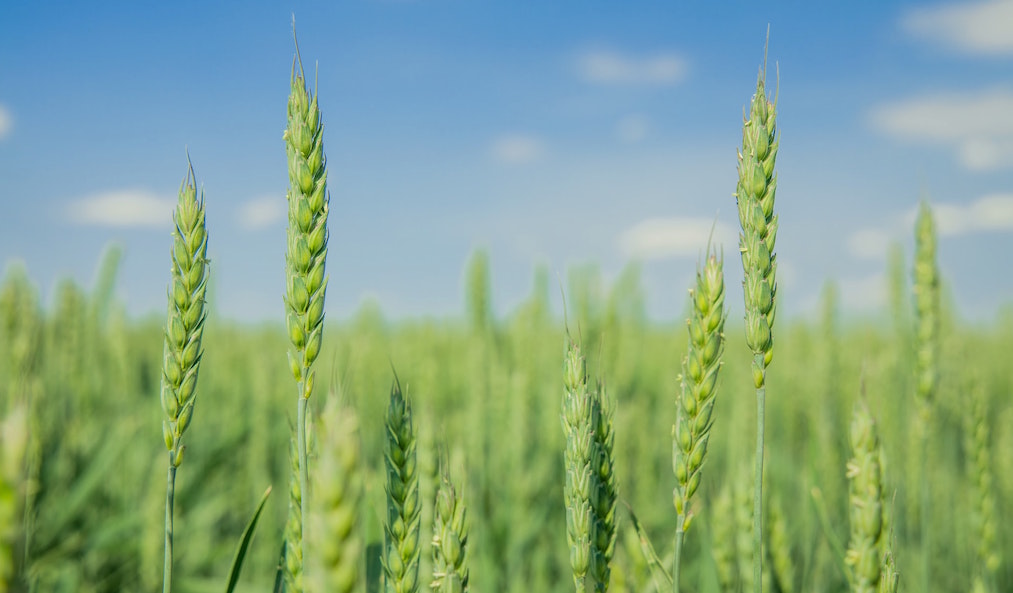Spring is a time to consider seeds — to think about their link to safe and quality foods, and to the rights of farmers to access resources that allow them to produce food.
There are two resources on plants and seeds that I think are important to share this month. While I would love to write in detail about both, the topics are complicated enough that the most I can do in this space is provide a brief summary of each.
The first one demands your immediate engagement.
The Canadian Biotechnology Action Network (CBAN) has started a campaign encouraging concerned individuals to respond to Health Canada’s consultation on plant-breeding regulations for genetically modified organisms (GMOs) — in particular, genome editing.
CBAN brings together 16 groups to research, monitor and raise awareness about issues relating to genetic engineering in food and farming. CBAN members include farmer associations, environmental and social justice organizations, and regional coalitions of grassroots groups.
Health Canada is asking for feedback until May 24 about a proposal which would deregulate certain GMOs by having private industry regulate itself when it comes to genome editing. To encourage individuals to learn more about the issue, CBAN has prepared a number of reports and primers on GMOs and genome editing. Some of these are specifically related to Health Canada’s consultation.
According to CBAN, the new regulations being proposed would affect food from plants that have been modified through the use of genome- or gene-editing techniques. The regulations would allow private companies to self-regulate and decide which of these modified foods or plants would be safe to market. In other words, Health Canada would not be involved in regulating these new genetically modified plants or “novel foods.”
A recent media release and briefings on Health Canada’s proposals help explain the issue:
“This is an abdication of Health Canada’s responsibility to ensure food safety,” said Lucy Sharratt, coordinator of the Canadian Biotechnology Action Network. “We can’t let private companies decide which foods are safe.”
CBAN has published a detailed report on the impact of genome editing. This page of factsheets also includes brief primers on Health Canada’s proposals.
The second important resource is one that I have mentioned in a previous column and is now underway via the newly created NFUniversity — an initiative of the National Farmers Union. It provides information on laws related to access to seed, a topic previously covered in this column.
This in-depth mini course on seed regulations around the world is an eyeopener if you are not familiar with the issue. And if you have been following the saga of Plant Breeders’ Rights and various international treaties such as UPOV ’78 and UPOV ’91, this NFUniversity course on YouTube will add important detail to your knowledge.
UPOV is the French acronym for the International Union for the Protection of New Varieties of Plants. Sounds harmless, right? UPOV rules are actually geared to preventing farmers around the world from saving their own seed.
In my mind, this is the ultimate in control of farmers and food production. The NFUniversity webinar covers plant breeders’ rights and UPOV in several countries, including Brazil, India, Norway and New Zealand, with a wrap-up on the Canadian situation.
As noted by former NFU president Cam Goff during the conclusion of the webinar:
“Not only has the age-old right of farmers to save, store and sell seed to their neighbours and beyond been taken away, but it has been or could be criminalized under UPOV’91. The end game is to make it habitual for farmers to purchase seed, and if they don’t they will not have access to new varieties.”
Lois Ross is a communications specialist, writer, and editor, living in Ottawa. Her monthly column “At the farm gate” discusses issues that are key to food production here in Canada as well as internationally.
Image credit: Artem Kniaz/Unsplash



